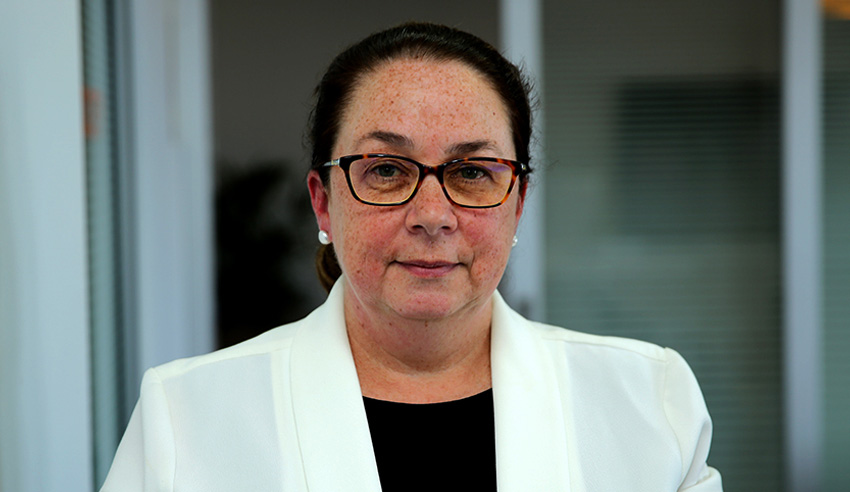Legal professionals must develop greater awareness of the words they use with colleagues if attempts at diversity and inclusion are to be truly meaningful and effective, says Kate Eastman.

Just as #auslaw is actively trying to create awareness around and address the issues pertaining to workplace sexism and racism, as well as promote inclusivity for LGBTQI professionals, so too must efforts be made to be cognisant of ableism and how we treat persons in law with disabilities.
Reflecting on her 30-year career, which has included many years as an advocate against discrimination in the workplace and acting in disability discrimination cases, Ms Eastman said – using University of Sydney law professor Ron McCallum, who is blind, as an example – lawyers who practice with disabilities are often feted in ways that can ultimately be condescending.
“We often talk about Ron being extraordinary, and one thing I've really noticed is that if [people] have become lawyers and they have a disability, it's almost like we're celebrating how extraordinary it is. That language itself is quite loaded,” she said.
“For many of my colleagues who are lawyers with disability, they just want to be lawyers and get on with it. They don’t necessarily need a sort of special gold star to say, ‘You are extraordinary for achieving over and above’. And so, you have this tension that for lawyers with disability, the ability to just feel included and to be able to do their job is something that they are acutely aware of.”
Having, by her own admission, “learned a lot” from her colleagues with disability, Ms Eastman says that we as a profession have a long way to go, especially in grasping the concept of ableism.
“If I can give you an example in terms of gender, you often see everyday sexism, [whether it] be a small throwaway comment that might seem anodyne or of no real malintent by the person making the comment, but the comment itself might be somewhat derogatory towards women, or it might be patronising. Those sorts of comments, over time, really build up and allow other cultures that are non-inclusive to develop, or it gives it a sense that the person who's on the receiving end is to feel excluded or different,” she outlined.
“If the only comments that women get are about their appearance, or their hair, you might think that you’re complimenting somebody, and you probably are, but when you hear it over and over again, and the only thing that a person can talk about is what you’re wearing, or your hair, but not how you’ve actually practiced or done a good job in court that day, that’s the sort of small things that create an environment where men and women may be treated differently.
“For our colleagues with disability, it’s those sorts of ableist comments that might be [well intentioned], but they come across as being patronising or they come across as inappropriate in terms of not understanding that living with disability is not necessarily for all people living with great adversity that has to be overcome. It’s their lived experience so understanding that, rather than judging that is the key to it.”
All lawyers, she submitted, must be aware of their use of language and how they interact with colleagues across the board.
“Some people really struggle with what ableism means, because it seems to be the corollary to disabled, but for a person with disability, ableism is often really the impediment to achieving inclusion, appropriate recognition and having equal opportunity,” she said.
“It’s a bit confronting, but I think it’s time to have that discussion. I think it’s one that would be welcome as an ongoing conversation. I am not a person with lived experience of disability so I’m really acutely aware that the best people to speak about these experiences are people with lived experience with disability.”
To listen to the full conversation with Kate Eastman SC, click below:

Jerome Doraisamy is the managing editor of professional services (including Lawyers Weekly, HR Leader, Accountants Daily, and Accounting Times). He is also the author of The Wellness Doctrines book series, an admitted solicitor in New South Wales, and a board director of the Minds Count Foundation.
You can email Jerome at: